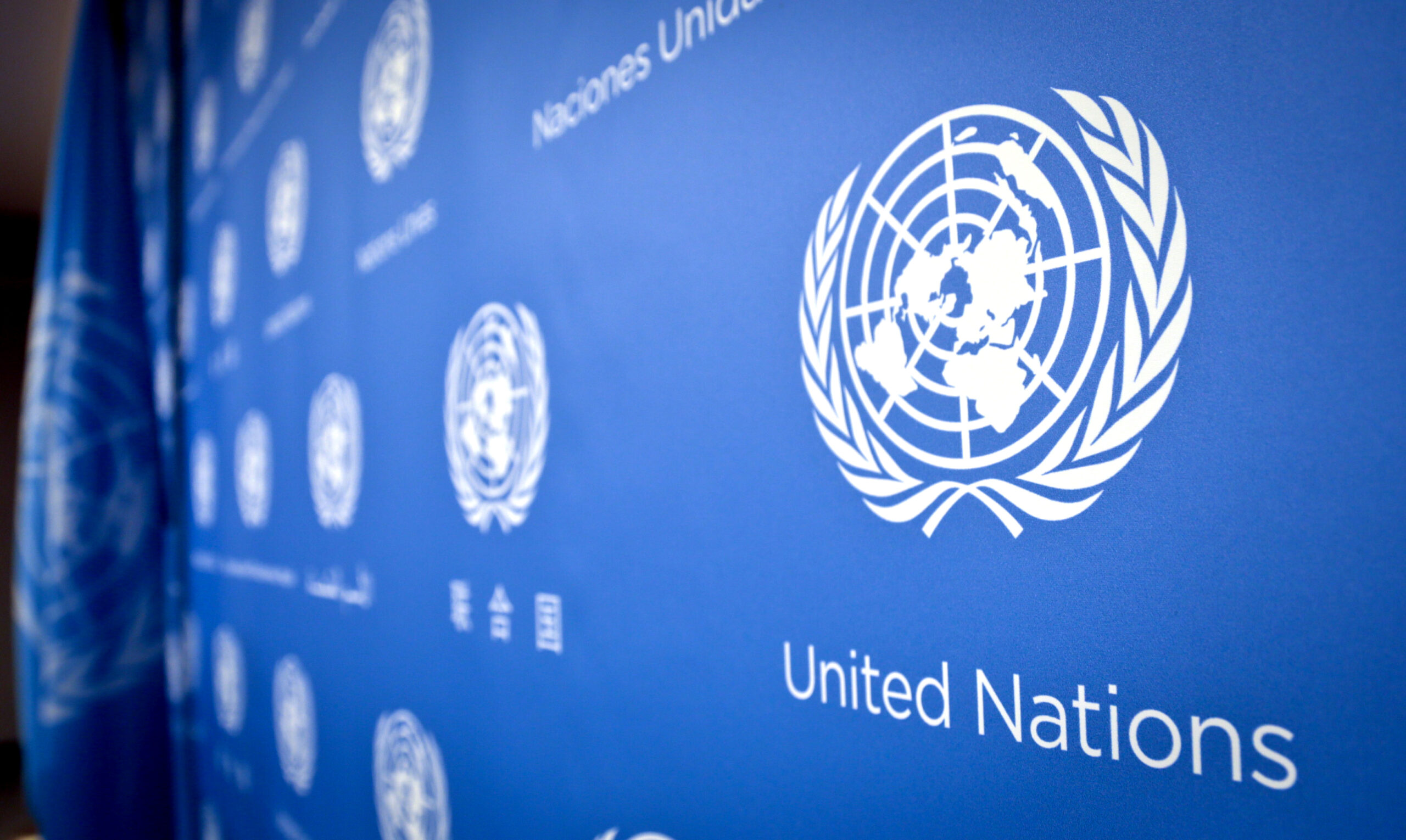WHO CONTROLS THE UNITED NATIONS?
Who Controls the U.N.?
The United Nations (UN) is an international organization established in 1945 with the aim of promoting cooperation among countries across the globe. The question of who controls the UN is a debatable topic.
The UN has is made up of several units:
General Assembly
- General Assembly is the most democratic body where all member states participate in decision-making through one vote per country
Security Council
- The Security Council is the most potent body as it has the authority to authorize the use of force, impose sanctions, and establish peacekeeping missions.
Economic and Social Council
- Oversees the Food and Agriculture Organization (FAO), International Civil Aviation Organization (ICAO), International Fund for Agricultural Development (IFAD), International Labor Organization (ILO), International Maritime Organization (IMO), International Monetary Fund (IMF), International Telecommunication Union (ITU), United Nations Educational, Scientific and Cultural Organization (UNESCO), United Nations Industrial Development Organization (UNIDO), Universal Postal Union (UPU), World Bank Group (WBG), International Bank for Reconstruction and Development (IBRD), International Development Association (IDA), International Finance Corporation (IFC), World Health Organization (WHO), World Intellectual Property Organization (WIPO), World Meteorological Organization (WMO), World Tourism Organization (UNWTO), Comprehensive Nuclear-Test-Ban Treaty Organization (CTBTO) Preparatory Commission, International Atomic Energy Agency (IAEA), International Atomic Energy Agency (IAEA), International Atomic Energy Agency (IAEA), Organization for the Prohibition of Chemical Weapons (OPCW), World Trade Organization (WTO).
International Court of Justice
- The ICJ is the only international court that adjudicates general disputes between countries, with its rulings and opinions serving as primary sources of international law.
Secretariat General
- Provides overall administrative guidance
The UN has 193 member states, each with an equal vote and representation in the General Assembly. The countries have significant power to decide on matters that affect the UN, including approving its budget, electing members of various organs, and determining its priorities.
The five permanent members of the Security Council (China, France, Russia, the United Kingdom, and the United States) hold greater influence and control over the UN. They have the power of veto on any substantive resolution. This power is considered the most significant in the UN as it can prevent the organization from taking critical decisions on international issues.
WHO CONTROLS THE U.N.?
NGOs have the most significant influence on the UN’s decision-making process. Through lobbying, advocacy, and partnerships, NGOs have massive influence over the UN’s agenda. They have also played a significant role in mobilizing public opinion on UN-related issues.
The most prominent NGOs that lobby the United Nations include environmental organizations, human rights organizations, and humanitarian aid organizations.
TOP U.N. NGO’S
The United Nations (UN) is an intergovernmental organization that brings together member states to promote international cooperation and resolution of global issues. One of the key components of the UN’s work is the collaboration with non-governmental organizations (NGOs) to address various socioeconomic and political concerns around the world. In this essay, I will discuss the top UN NGOs that have made significant contributions to the UN’s mission.
- Amnesty International: Founded in 1961, Amnesty International has been working alongside the UN and its agencies to monitor and report any violations of human rights that happen around the world. (Revenue was $392 million last year.)
- Doctors without Borders: AKA Known as Médecins Sans Frontières (MSF), Doctors without Borders is an international medical humanitarian organization that works with the UN to provide emergency medical care to war-torn countries. ($2 Billion Annual Revenue)
- World Wildlife Fund: Founded in 1961, The World Wildlife Fund (WWF) is an international NGO that focuses on conservation and protection of the environment on a global scale. Works with the UN to encourage governments and corporations to adopt sustainable practices that reduce carbon footprints and protect natural habitats. (Revenue: $256,825,626 – Expenses: $258,037,473 – Assets: $502,673,998)
- Oxfam: Oxfam is a global NGO that aims to end poverty and inequality around the world. The organization works with the UN to advocate for fairer trade laws, gender equality, and access to basic needs such as clean water, healthcare, education, and humanitarian emergencies.
- Save the Children: Save the Children is a global NGO that focuses on child protection, education, and welfare. Total operating revenue is $949.9 million, works closely with the UN to ensure that every child has access to quality education, health care, and protection from abuse and exploitation.
– (YET THE U.N. INTENDS TO NORMALIZE SEX WITH MINORS) WTF?
WHO CONTROLS THE NGO’S?
They are funded by a range of sources, including private individuals, charitable organizations, government grants, and corporate sponsors.
NGOs often get their funding from individual donations. These donations form a significant portion of an NGO’s funding.
NGOs can also receive grants from governments or private foundations that share similar perspectives or goals. Specific areas of operation may receive funding with the condition that nonprofits will work towards implementing specific measures or disseminating propaganda in support of initiatives. There are government grants such as USAID grant and other funding opportunities such as those offered by the European Union or World Bank, which NGOs can apply for based on the compatibility of their goals with the grant issuer’s objectives.
Corporate Social Responsibility programs are another source of NGO funding. Many companies recognize that social and environmental responsibility is vital to their brand, and they, therefore, commit to supporting causes that align with their values.
NGOs also invest in social enterprises where they later receive revenue to fund their advocacy efforts. Social enterprise is a business venture that aims to resolve social problems while operating sustainably. For example, the NGO could set up a cooperative that helps women in rural areas to access and sell their products to urban markets.
SO WHO RUNS THE U.N.?
NGO’s set the U.N. agenda and anonymous donors set the agenda of the NGO’s. Unfortunately, there’s no way to know who these people are for sure. But what we do know is that this setup is highly effective for wealthy elites like George Soros to influence government policy on a global scale. The appointed members of the U.N. are merely puppets.
This information creates more questions, but it should leave you with a better understanding of how international policy is shaped.
Sincerely,
Brandon


















Add comment